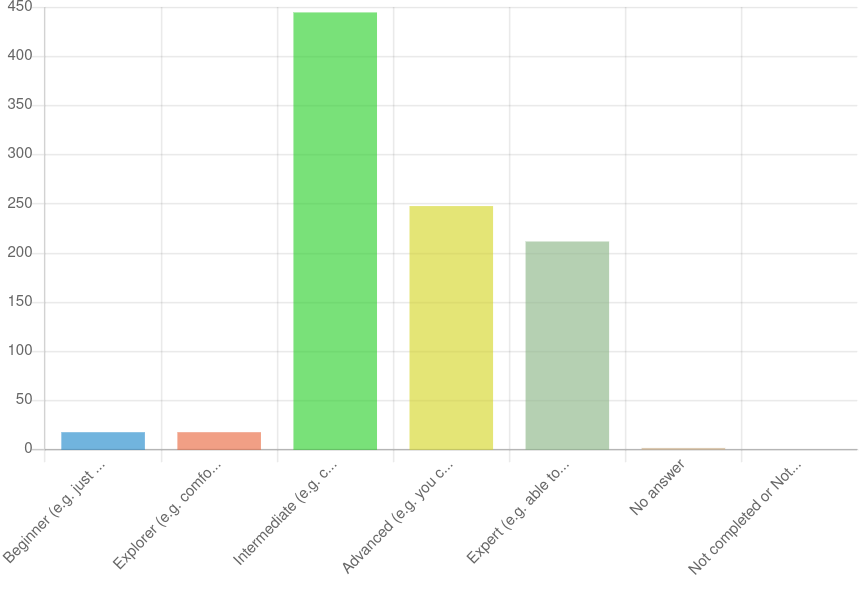Author: Thom Holwerda
Source
Sponsored:
Working in Public: The Making and Maintenance of Open Source Software - Audiobook

Unlock the Digital Creator Code!
Recently over the holiday break, I became interested in the 2600’s hardware architecture and started reading everything that I could find about it. I knew that it was some kind of 6502-based system, and I’d heard mentions of “racing the beam”, but that’s as far as my knowledge went. I was shocked to discover how primitive the 2600 hardware was, even compared to contemporary 6502 systems like the Apple II, Commodore PET, and even Atari’s own 8-bit computers. The 2600 was a bit before my time – I’m from 1984 – and I’ve never even seen one in person. While I understand how important and influential the 2600 really was, I find the games and technology just a bit too primitive to enjoy today, whereas games for the NES I can still happily play today. I’m sure if you grew up with the 2600, you’d disagree.


